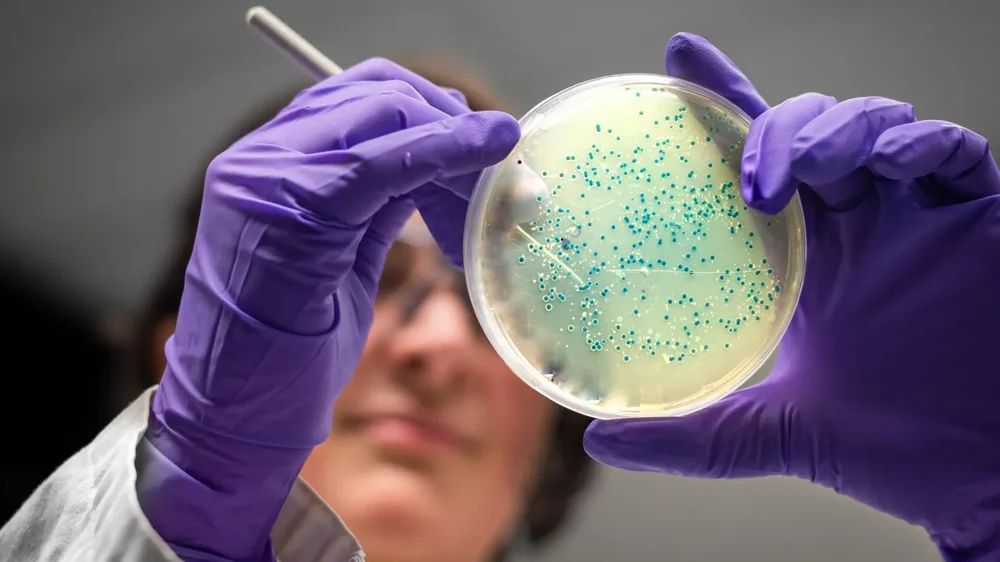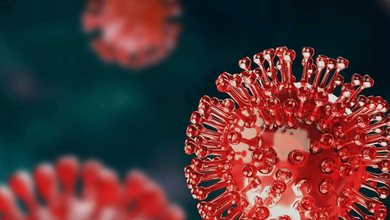
Artificial intelligence has designed two potential new antibiotics that could fight gonorrhea and the deadly MRSA bacteria, MIT researchers in the US have announced.
These drugs, built atom by atom by AI, have shown efficacy in the lab and in animal tests. However, years of work, refinement, and clinical trials are still needed before they can be used in humans.
Researchers believe this technology could mark the "second golden age" of antibiotic discovery, at a time when resistance to them is causing more than 1 million deaths a year worldwide.
How does AI detection work?
Unlike previous efforts that used AI to analyze known compounds, MIT researchers went a step further: AI created new molecules to fight gonorrhea and MRSA (a resistant bacteria that can be deadly).
The AI analyzed 36 million chemical compounds, including some that don't yet exist. It was trained on the molecular structures of known drugs and their effects on various bacteria. It then created new molecules that are not similar to existing antibiotics and are not toxic to humans.
The two most promising compounds were successfully tested in the laboratory and on infected mice, marking a significant scientific achievement.
Hope and challenge
“We are excited because we show that AI can be used to design entirely new antibiotics,” said Prof. James Collins of MIT.
“AI can help us create new molecules, faster and cheaper.”
But before these drugs can be tested in humans, 1 to 2 years of additional refinement work is required, followed by lengthy clinical trials for safety and efficacy – a long and expensive process, with no guarantee of success.
Experts consider the new approach to be very promising, but emphasize that challenges remain in the production of these molecules - out of 80 compounds designed for gonorrhea, only two were actually produced.
Economic obstacles
In addition to the scientific challenges, there is also an economic problem: new antibiotics must be used very rarely, to avoid resistance – which makes them little profitable for pharmaceutical companies.
Prof. Chris Dowson from the University of Warwick called the study “a major step forward in antibiotic discovery”, but added: “How do you develop a drug that, for the good of humanity, doesn’t have to be sold too much?”






















